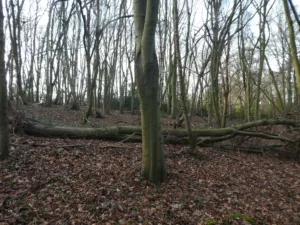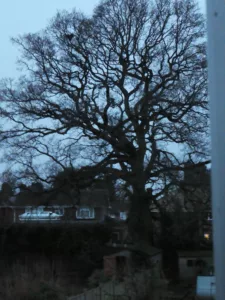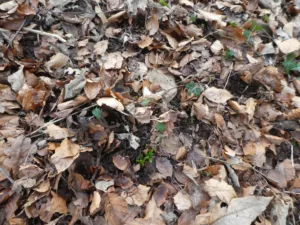Much of what I have learned about writing has originated in books. Reading novels, poetry and non-fiction form the foundation of what I write. Below are four experts who have affected what and how I write.
- What to write or where do ideas come from
‘Finding form is like finding a mate.’ So writes Betsy Lerner. She suggests that most writers specialise in one form – poetry, memoir, novel, creative non-fiction. To those with an urge to write she urges them to look at what they read, and if that doesn’t help, review the themes that interest them. In other words, the writer starts from a place of knowledge. That’s not to say you don’t research. Even to write a contemporary novel or poetry requires research. To compose something as apparently slight as a haiku requires a fascination about the subject. It allows the poet to edit, to question whether the work is the best they can do. As an editor she can say with confidence, ‘Some of the most striking and successful books are clearly born of a writer’s obsession and complete disregard for what, supposedly, sells.’
2. How to write a novel
There are many, many books on writing a novel. John Truby analyses how to plot a compelling story. When I’m immersed in character development (which he doesn’t ignore), I go to his anatomy of a story. I use his advice as a check list, a guide when I’ve lost sight of a plot and am wondering how to re-engage with it. His advice on the end of a novel is helpful. ‘A great story lives for ever.’ Wouldn’t I want to write such a novel. He says, ‘The simplest way to create the never-ending story is through plot, by ending the story with a reveal.’ By that he means a revelation, a surprise which compels the reader to re-think the story.
3. The art of creativity
Hilary Mantel writes, ‘For some years I lived in Africa, Botswana, and people there used to say that to see ghosts you need to look at them out of the corners of your eyes. If you turn on them a direct gaze, then, like Eurydice, they vanish. The whole process of creativity is like that.’
And that is another reason I write. It’s the mystery that is hidden in the process – whether it is a novel or a poem. What I write might originate in a prompt, an idea. How I develop it comes from a different place altogether.
4. The power of the mind
The most recent book I have used begins with a story. Laraine Herring’s story. On a journey to a three week solitary writer’s residency in Phoenix, she decided to go via a bookshop in Portland. Apparently it didn’t snow in Phoenix. She ignored the evidence that it was snowing, and persuaded herself that it wasn’t as bad as it appeared, and she would be able to work through any difficulty. She couldn’t. She had to be rescued, was snowed in and didn’t reach her planned destination. She writes, ‘I saw in that failed trip to … (the bookshop in Phoenix) how much I thought Earth would alter her patterns for me, how much my natural pattern, my habit, was to force forward like a bulldozer, whether it made sense or not.’
She goes on to say that until she learned to be rather than drive on, she couldn’t discover her own ‘deep writing practice.’ True for me!
Like many writers, I have a shelves of useful books. These are a sample. I’d be interested to hear what other writers find helpful.
References:
The Forest for the Trees: An Editor’s Advice to Writers – Betsy Lerner
The Anatomy of Story : 22 Steps to Becoming a Master Storyteller – John Truby
A Memoir of My Former Self: A Life in Writing – Hilary Mantel
Writing Begins with the Breath: Embodying Your Authentic Voice –Laraine Herring
My current reading: still reading: On the Edge of the Sword – Krisiina Ehin, Fresh Out of the Sky – Georges Szirtes. The Hungry Tide – Amitav Ghosh and I’m dipping into Digbeth Stories, and my recommended Thursday Nights: Short Fiction, Celebrating 40 years of Tindal Street Fiction Group
 January wood
January wood Oak from our bedroom window
Oak from our bedroom window New growth among dead leaves
New growth among dead leaves
Recent Comments